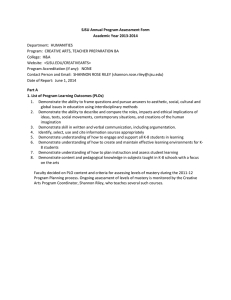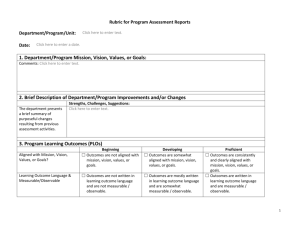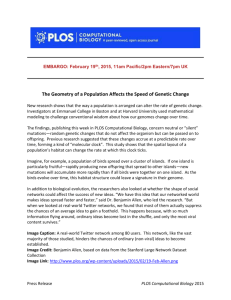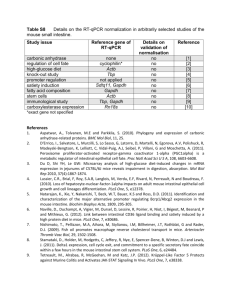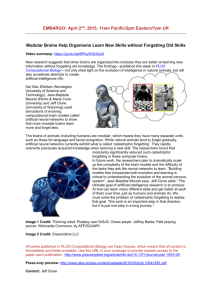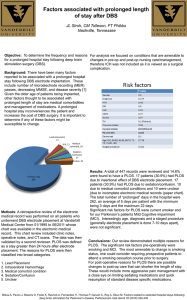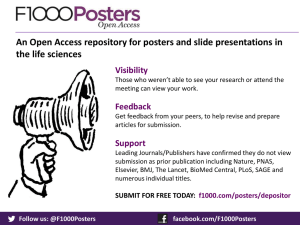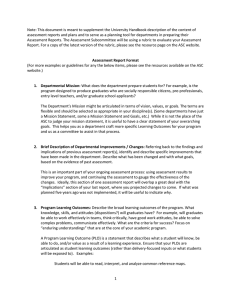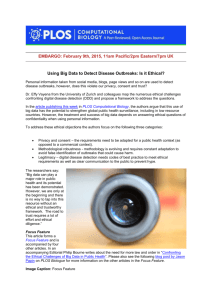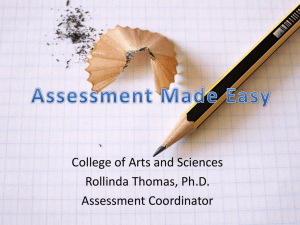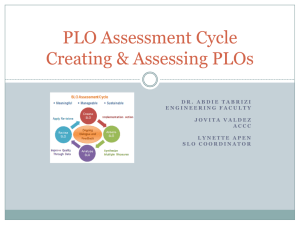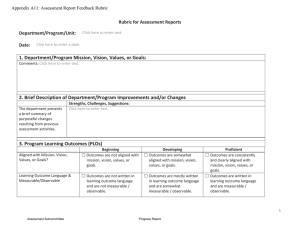Kindergarten 2015-16
advertisement
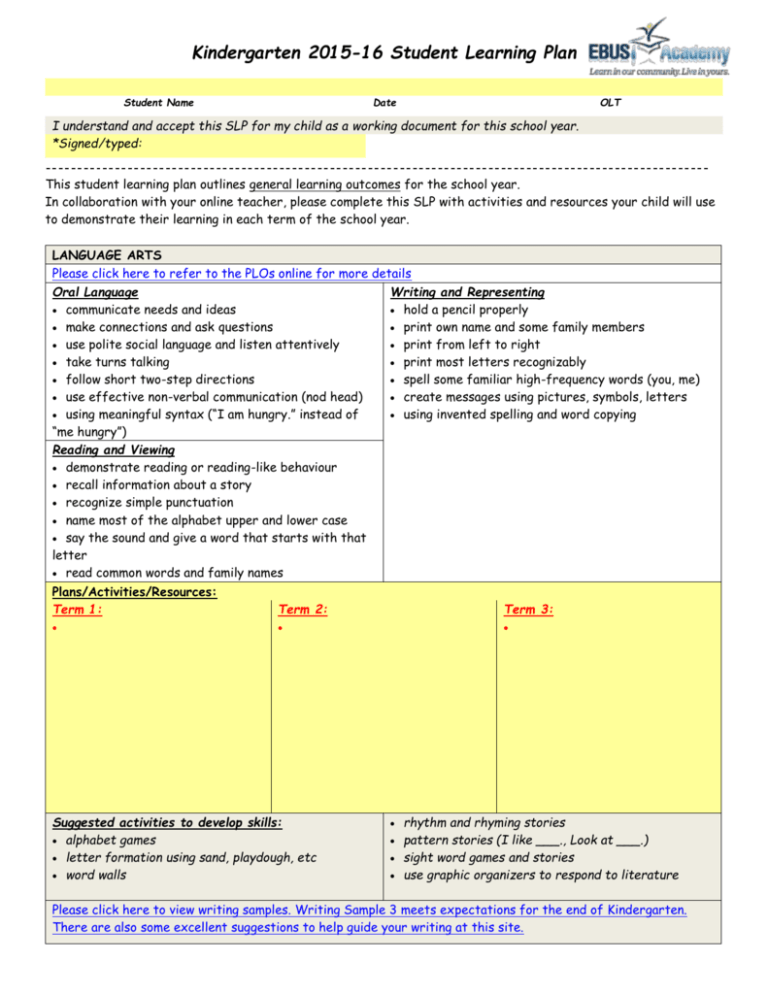
Kindergarten 2015-16 Student Learning Plan Student Name Date OLT I understand and accept this SLP for my child as a working document for this school year. *Signed/typed: This student learning plan outlines general learning outcomes for the school year. In collaboration with your online teacher, please complete this SLP with activities and resources your child will use to demonstrate their learning in each term of the school year. LANGUAGE ARTS Please click here to refer to the PLOs online for more details Oral Language Writing and Representing communicate needs and ideas hold a pencil properly make connections and ask questions print own name and some family members use polite social language and listen attentively print from left to right take turns talking print most letters recognizably follow short two-step directions spell some familiar high-frequency words (you, me) use effective non-verbal communication (nod head) create messages using pictures, symbols, letters using meaningful syntax (“I am hungry.” instead of using invented spelling and word copying “me hungry”) Reading and Viewing demonstrate reading or reading-like behaviour recall information about a story recognize simple punctuation name most of the alphabet upper and lower case say the sound and give a word that starts with that letter read common words and family names Plans/Activities/Resources: Term 1: Term 2: Term 3: Suggested activities to develop skills: alphabet games letter formation using sand, playdough, etc word walls rhythm and rhyming stories pattern stories (I like ___., Look at ___.) sight word games and stories use graphic organizers to respond to literature Please click here to view writing samples. Writing Sample 3 meets expectations for the end of Kindergarten. There are also some excellent suggestions to help guide your writing at this site. MATHEMATICS Terms: Please click here to refer to the PLOs online for more details 1 2 3 Key Concepts: Plans/Activities/Resources: Number count to 10 forward and backward arrangements up to 5 objects (subitizing) one-to-one correspondence number in-depth to 10 Patterns repeating patterns of two or three elements patterning with sounds, actions, objects, etc. Measurement compare two objects in length, weight or volume 3-D Objects and 2-D Shapes sort 3-D objects by colour, size, or shape build and describe 3-D objects SCIENCE Terms: Please click here to refer to the PLOs online for more details 1 2 3 Key Concepts Plans/Activities/Resources: Skills and Processes use the 5 senses (see, hear, smell, feel, taste) Life Science - Characteristics of Living Things describe and compare local plants describe and compare common animals Physical Science – Properties of Objects and Materials describe and sort materials by features list materials that make up familiar objects rethink, refuse, reduce, reuse, and recycle Earth and Space Science – Surroundings observe and describe your local environment caring for your environment Other: SOCIAL STUDIES: Self and Family Terms: Please click here to refer to the PLOs online for more details 1 2 3 Key Concepts Plans/Activities/Resources: Skills and Processes of Social Studies participate co-operatively in groups gather and present information orally and visually Identity, Culture and Society explore and identify sense of self and family: changes in your life groups to which they belong ways people live together peacefully makeup of own family and others Governance roles, rights, and responsibilities in family/school purpose of home and school expectations Economy and Technology individual human needs types of work done in your community technologies in your life Human and Physical Environment characteristics of different local environments behaviour in caring for your environment HEALTH AND CAREER EDUCATION Terms: Please click here to refer to the PLOs online for more details 1 2 3 Key Concepts Plans/Activities/Resources: Goals and Decisions EBUS Student Planner make choices (what to wear, eat, play with) Career Development personal skills, interests and responsibilities Health healthy eating and physical activity how families provide support and nurturing expressing feelings appropriately friendship behaviours, dealing with conflicts terminology for body parts appropriate/inappropriate ways of being touched safety guidelines (home and community) accessing emergency services recognizing and refusing unsafe substances Other: PHYSICAL EDUCATION and DPA Please click here to refer to the PLOs online for more details Active Living Movement Skills Safety, Fair Play, and Leadership benefits of regular move the body in physical activity different ways, safety guidelines healthy food choices directions, levels: walk, rules and directions run, stop, hop, roll, bend fair play proper technique while cooperative team work handling equipment: roll, carry, throw, catch, kick Plans/Activities/Resources: Term 1: Term 2: Term 3: ARTS EDUCATION: Dance, Drama, Music, Visual Arts Please click here to refer to the PLOs online for more details Key Concepts Appreciation Creation observe, explore, and respond to create/choreograph their own live, recorded, or print dances, dramas, music compositions, presentations and exhibitions or visual images safe and environmentally responsible use of materials, technologies and processes Daily Physical Activity (DPA) participate in a range of endurance, strength, and flexibility activities for a minimum of 30 minutes each day Presentation perform or exhibit dance, drama, music selection, or visual images Plans/Activities/Resources: Term 1: Term 2: Term 3:
